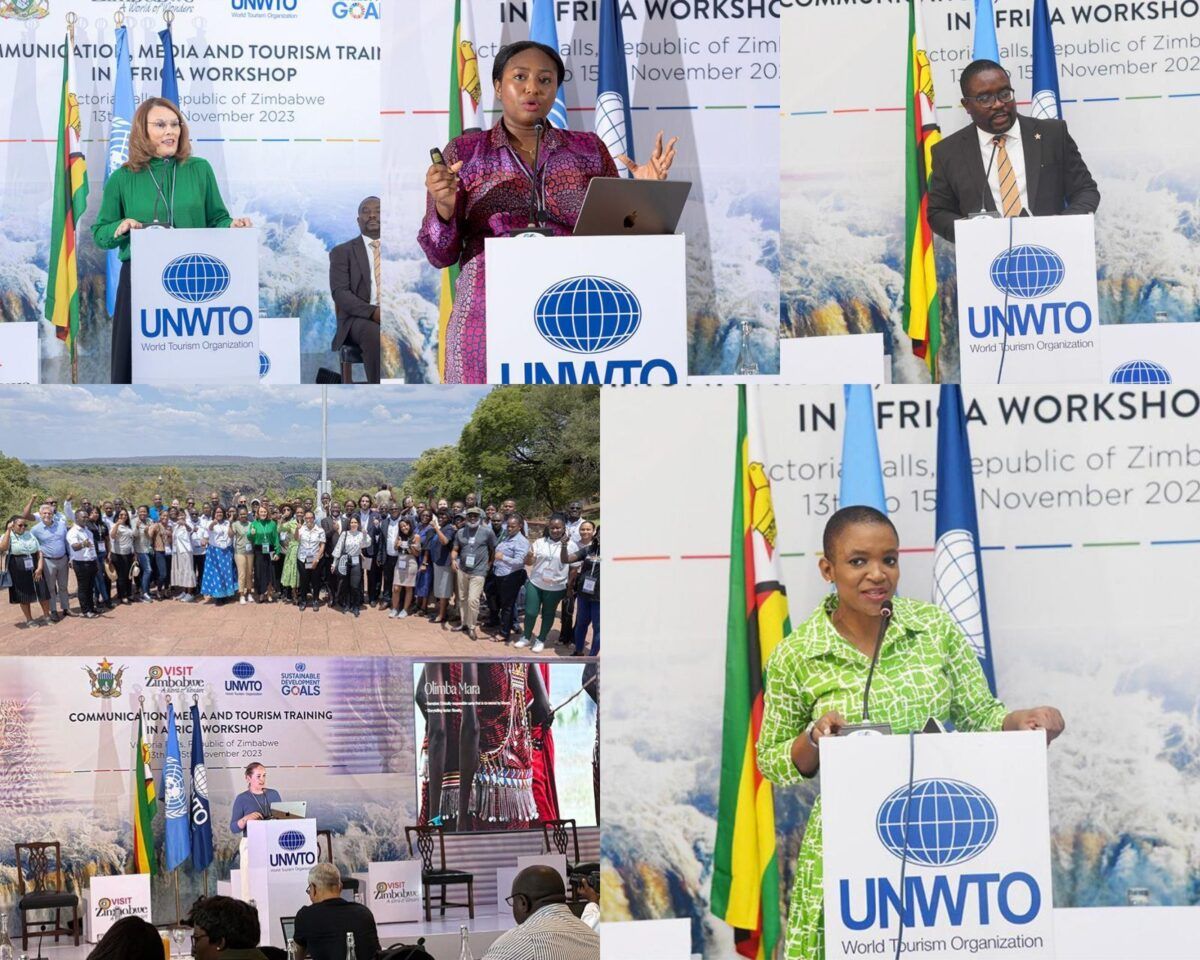The United Nations World Tourism Organization (UNWTO) hosted its largest Ministers Summit to date, bringing together global tourism leaders to the World Travel Market in London, with a central theme of transforming the sector through education and youth empowerment.
The Summit marked its 17th year at the World Travel Market, with a historic turnout of 40 Ministers of Tourism from across the globe. UNWTO Executive Director Natalia Bayona highlighted the critical importance of investing in education to foster growth in the tourism sector.
In an era where 1.2 billion young people aged 15 to 24 could become future drivers of the tourism industry, the UNWTO addressed the challenges of unemployment and limited educational attainment among this demographic. Citing the OECD, approximately 10% are unemployed, and 14% have only basic qualifications, pointing to a need for substantial investment in tourism education and training.
UNWTO’s initiatives, including the launch of its Education Toolkit, are paving the way for tourism education’s integration into high school curricula worldwide. Partnerships with institutions like the Lucerne University of Applied Sciences and Arts, which offers a Bachelor’s Degree in Sustainable Tourism Management, and contributions from 30 universities to the UNWTO Online Academy, exemplify the push for education in tourism. These universities are top universities for Hospitality and Tourism Management in 2023.
Ministers from countries like South Africa, Egypt, the Philippines, and Jordan shared their policies on advancing tourism education. They showcased initiatives ranging from South Africa’s tourism equity fund to the Philippines’ extension of tourism education into vocational degrees and Jordan’s focus on enhancing workers’ language skills.
The Ministers from Mauritius, Malta, and Indonesia underscored the necessity of upskilling both new and current tourism workers. With the pandemic’s harsh impact on Least Developed Countries, Mauritius discussed the need to improve literacy and numeracy rates. Malta introduced a new Skills Card to raise professional standards in tourism, and Indonesia aims to create 5 million tourism jobs, emphasizing innovation and adaptation.
The Minister of Colombia illustrated how tourism can bring peace and opportunities to regions affected by insecurity, while Ethiopia highlighted its investment in young people and tourism infrastructure.
Private sector insights were provided by leaders from Riyadh Air and JTB Corp, echoing the necessity for effective public-private partnerships to tailor training to meet employers’ needs.
The Summit concluded with a consensus on the shared challenges faced by destinations globally: the urgent need for skilled workers. UNWTO’s Bayona called for making tourism an aspirational sector for youth, underscoring that public-private partnerships are essential in bridging the current skills gap.













